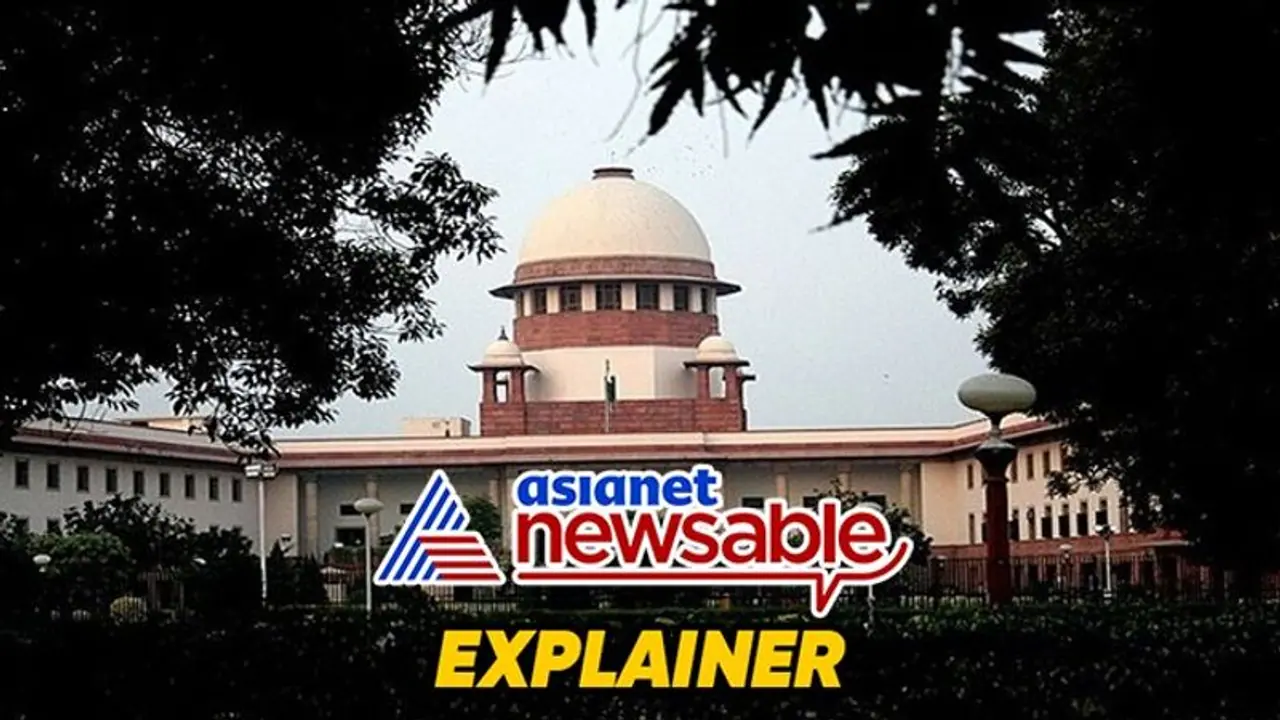The Electoral Bond Scheme was introduced in the 2017 Union Budget with the aim of enhancing transparency in political funding. However, concerns quickly arose due to donor anonymity and a lack of disclosure.
The Supreme Court on Thursday (February 15) declared the Electoral Bond Scheme unconstitutional, stating that it violated citizens' right to information by allowing anonymous donations to political parties. The five-judge Constitution bench, led by Chief Justice DY Chandrachud, delivered unanimous judgments on multiple pleas challenging the scheme.

What is Electoral Bond Scheme?
The Electoral Bond Scheme was introduced in the 2017 Union Budget with the aim of enhancing transparency in political funding. However, concerns quickly arose due to donor anonymity and a lack of disclosure. While the cash donation limit was reduced from Rs 20,000 to Rs 2,000, the mandatory disclosure remained at Rs 20,000. Private entities could purchase and transfer these bonds to political parties.
SC Constitution Bench holds 'electoral bond scheme' unconstitutional
The government notified the scheme on January 2, 2018, positioning it as an alternative to cash donations to political parties. Electoral bonds are essentially monetary instruments that individuals or corporate groups can buy from a bank and donate to a political party, which can then redeem the bonds for money.
Only political parties registered under Section 29A of the Representation of the People Act, 1951, and those securing at least one percent of the votes in the last general election are eligible to receive electoral bonds.
Amendments and Concerns:
Amendments to various legislations, including the Foreign Contribution Regulation Act, Representation of the People Act, Income Tax Act, and the Companies Act, were made to enhance accountability and transparency in political financing. The amendments removed the cap on corporate donations and disclosure obligations.
These promissory notes, available in denominations from Rs 1,000 to Rs 1 crore, can only be obtained from the State Bank of India. Donors remain anonymous, known only to the bank, and political parties can encash the bonds with Election Commission-registered bank accounts.
Controversy erupts as 'vulgar' Saraswati idol in Tripura Art College triggers ABVP protest (WATCH)
BJP dominance and Opposition concerns:
In the fiscal year 2022-23, the BJP reportedly received nearly Rs 1,300 crore through electoral bonds, constituting 61% of its total contributions, which stood at Rs 2,120 crore. In contrast, the Congress received Rs 171 crore through electoral bonds in 2022-23, down from Rs 236 crore in the previous fiscal year.
The electoral bonds case originated in 2017 with a petition filed by the Association for Democratic Reforms (ADR) and witnessed involvement from various parties, including the Communist Party of India (Marxist) and Congress leader Jaya Thakur. The petitions questioned the legitimacy of amendments in the Finance Act of 2017 and the Finance Act of 2016, arguing that these changes allowed unchecked funding for political parties, creating a bias toward the ruling government.
Concerns regarding transparency, corporate dominance, and the anonymity of donors have plagued the Electoral Bond Scheme, raising questions about the democratic integrity of political funding in India.
Rare frog species found in Karnataka's Karkala lake found with mushrooms on its body
